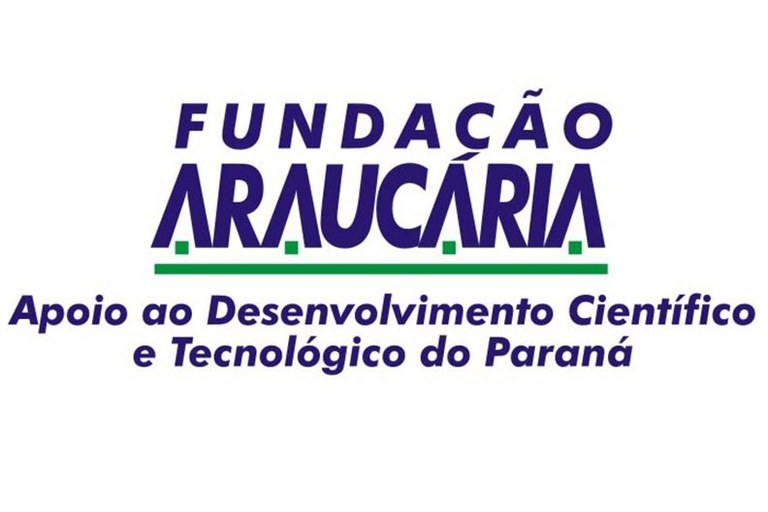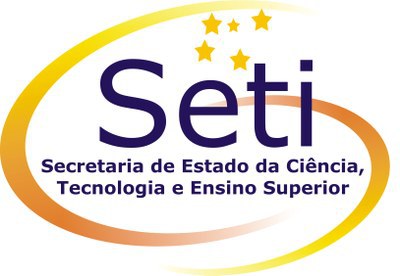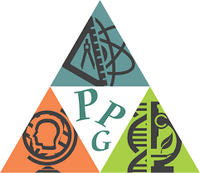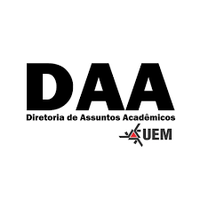About
Graduate Program of Comparative Biology – PGB
The Graduate Program of Comparative Biology (PGB) of the State University of Maringá (UEM) offers master’s and doctoral degrees in the area of concentration of Biology of Organic Interactions.
The master’s degree was created and approved by CTC/CAPES in 2005 and began activities in March of 2006 with 15 students.
The first Thesis defense of PGB was on January 17, 2008, 23 months after the first selective process. The Doctoral (PhD) degree was approved by CTC/CAPES in September of 2009 and began the following month with 12 students. The first Dissertation defense was in March of 2012, 36 months after the first selective process.
PGB has an interdisciplinary character and is designed for professionals in the biological sciences and related areas.
The faculty of PGB comprises 19 permanent professors, seven collaborators and one visitor. All professors are associated with the Biological Sciences Center of UEM or the Biological and Health Sciences Center of UNIOESTE.
Course Objectives
The general objective of the Graduate Program of Comparative Biology (PGB) is the professional qualification of biologists in various activities identified by the Federal Council of Biology, especially in botany, ecology, genetics and zoology.
Specific objectives of PGB are:
- To train teachers to perform teaching and orientation activities in botany, ecology, genetics and zoology in undergraduate programs of Higher Education Institutions in the state of Paraná and other states of Brazil;
- To better the training of elementary and high school teachers with the aim of improved performance in teaching biology in the interdisciplinary context, as well as developing in them abilities to carry out research during the daily activity of their schools, motivate students and reduce school failure;
- To train qualified researchers that propose and execute research projects in universities, research institutes and public and private companies, in areas chosen within the scope of PGB;
- To train managers to meet the demands of public and private companies in regional development projects, in environmental preservation programs and in science and technology programs;
- To generate new knowledge and technologies that contribute to understanding different areas of the biological sciences, environmental preservation and improvement of resources to protect life in our environment, contribute to economic and social development and, consequently, to improve the quality of life of the community where the professional is inserted.
Training Areas
Botany, Ecology, Genetics, Zoology
Lines of Research
Structure and Function of Organic Diversity
This line of research brings together projects and teachers that deal with the diversity and homology of cell structures, tissues, organs and systems; mechanisms that generate diversity and maintain homology; and the processes of embryological development in eukaryotes.
Structure and Function of Organic Interactions
This line of research includes projects and teachers that deal with mechanisms of organ-organism, organism-organism and organism-environment interactions in the evolutionary process and in the processes of microbiological, plant and animal development and reproduction.







